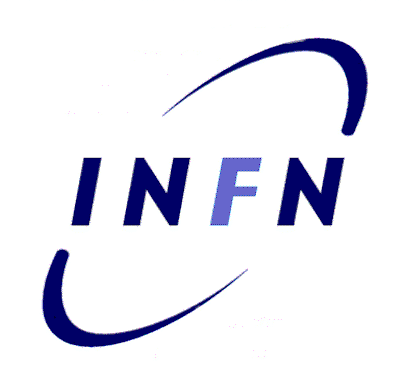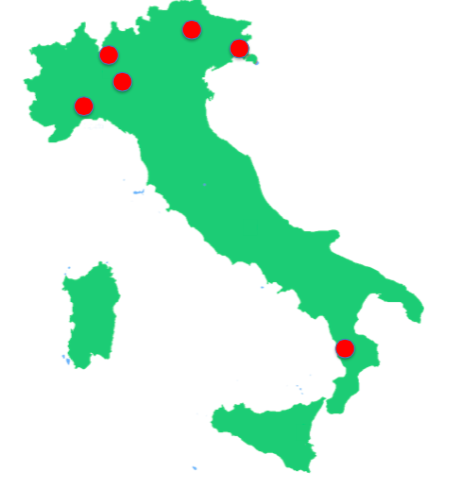Scientific activities of the various Research Units
Cosenza-Lecce
The main focus of the team of Cosenza-Lecce unit is mainly on two topics:
- To investigate the question of the consistency of QM with locality and with the reality of quantum properties. These issues are tied to novel aspects of the measurement problem in quantum mechanics.
- To explore the possibility of extending the group theoretical approach of Mackey to the quantum theory of a free particle to the interacting particle case.
Genova
The activity of the Genova unit includes:
- Conceptual problems at the foundations of quantum mechanics, in particular, the study of the relativistic extensions of Bohmian mechanics and of the collapse models.
- Foundations of statistical mechanics: extension to the quantum case of the classical evolution of macroscopic systems not initially in thermal equilibrium.
- Nanostructures and quantum computation.
- Algebraic structures and their possible use in physical theories beyond the standard model of elementary particle physics.
- Conceptual and mathematical problems in quantum gravity.
Milano
The Milan unit pursues the general goal of better characterizing and understanding the structure of quantum theory and the description of the dynamics of both closed and open quantum systems. Recent developments in quantum information as well as open quantum system theory have shown the relevance of the modern formulation of quantum mechanics based on the notion of positive operator-valued measure and instrument. The work in progress includes:
- The theoretical description of open quantum systems, especially in view of the issue of non-Markovianity of the dynamics.
- The study of measurement continuous in time, performed by means of quantum and classical stochastic differential equations.
Pavia
The team of the Pavia unit derived Quantum Theory from six informational principles: causality, local discriminability, perfect discriminability, purity of composition, perfect compressibility, and purification. The work in progress includes:
- To derive quantum field theory (QFT) without using quantization rules and special relativity, from six additional principles—homogeneity, isotropy, symmetric locality, minimal dimension, unitarity, and linearity—resulting in quantum cellular automaton framework. In the relativistic limit (RL) of small wave-vectors the free QFT (Weyl, Dirac, and Maxwell) has been recovered. In the ultra relativistic limit (URL) a Doubly Special Relativity covariance is obtained.
- To recover the Lorentz group from the invariance of the dispersion relations, with the full interpolation from the linear representation in the RL to a nonlinear one in the URL.
TIFPA
The research topics of the TIFPA team includes :
- Foundational, axiomatic and mathematical topics of Quantum Theories, also in relation with quantum field theory and quantum gravity. More precisely, several open theoretical issues arising from Algebraic Quantum Field Theory in Curved Spacetime and Algebraic formulations of Quantum Gravity are be studied, stressing on locality and covariance requirements.
- Formulation of Quantum Theories in Hilbert space in terms of von Neumann algebras is studied from a very general viewpoint, permitting the use of real, complex, quaternionic Hilbert spaces as admitted by Solér theorem.
- Rigorous Integral Functional formulations of QM also in non-trivial geometric backgrounds.
- Mathematical methods for Quantum Information, Quantum Control, Quantum Information and Cryptography are also investigated.
Trieste
The activity of the Trieste unit includes:
- Phenomenological analysis of models of spontaneous wave function collapse and comparison with experimental data.
- Quantum-gravity interplay at low energies: decoherence effects and gravity-induced collapse of the wave function.
- Decoherence and open quantum systems: phenomenological equations and microscopic derivations.


